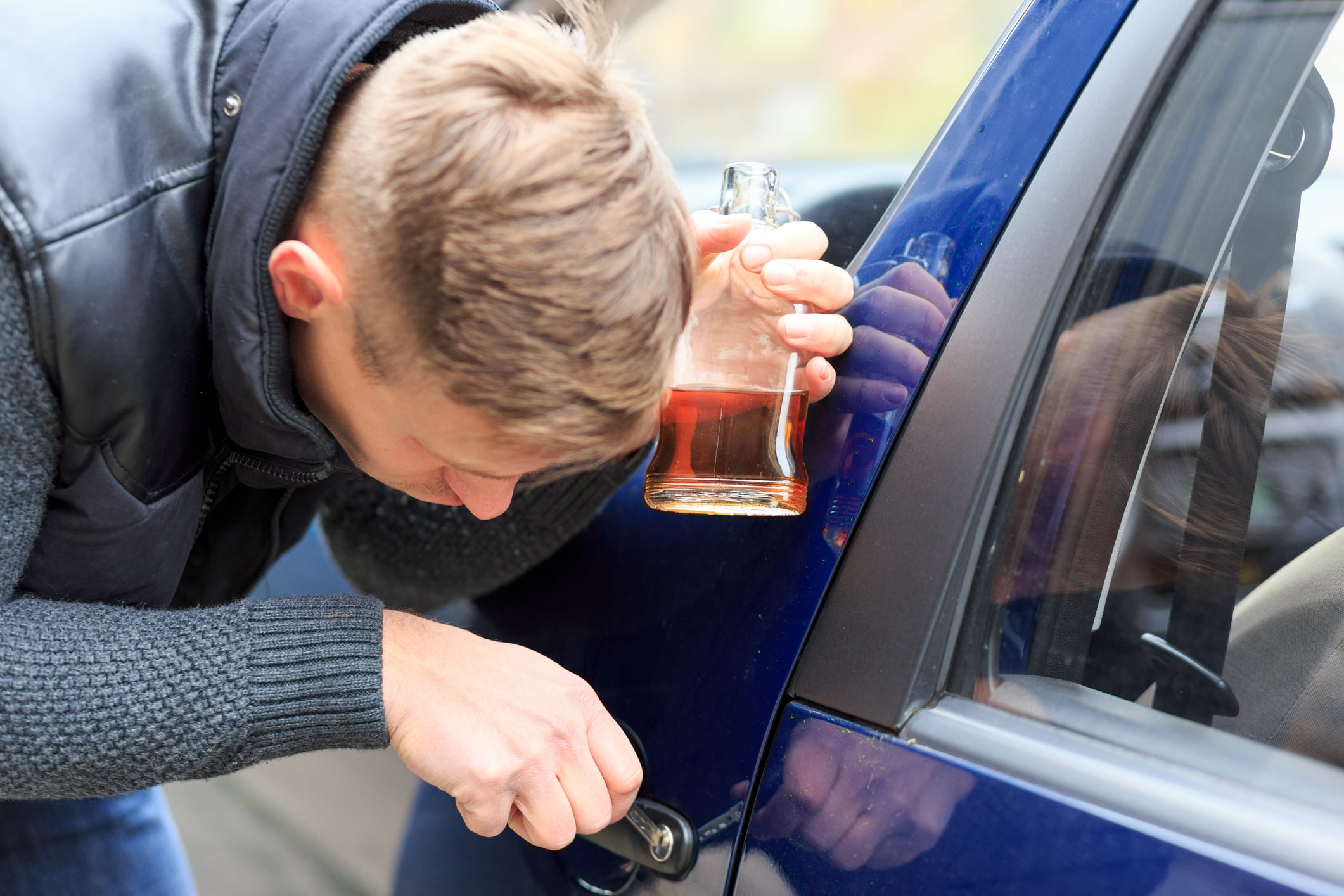Every state in the United States sets its own laws on drunk driving. Although there is some uniformity (for example, .08 is the blood alcohol concentration limit nationwide), there are also significant variations in state laws and penalties imposed.
The stricter the potential consequences for conviction, the more important it becomes to mount a successful OWI defense. While Michigan is the 37th strictest state according to a recent report on Wallet Hub, penalties are still severe for motorists found guilty of driving while on drugs or alcohol.
How Strict is Michigan for OWI Offenders?
Michigan was 37th in terms of criminal penalties for drunk drivers, so 14 U.S. locations had less severe laws (the District of Columbia was included in the rankings) and 36 states imposed harsher penalties on defendants found guilty of being impaired. Red states, in general, were found to be more strict on drunk drivers with an average strictness rating of 23 compared with an average rating of 28.2 for blue states (the strictest state received a rating of 1 and the most lenient received a rating of 51).
Factors considered in determining how strict a state was included whether a first offender faced a mandatory minimum sentence and whether a second-time offender faced a mandatory minimum jail term. The number of years the state looks back to determine if a defender has past convictions is also relevant in the strictness rating, as is the number of drunk driving offenses that must be committed before the crime automatically becomes a felony. Other factors included the length of administrative license suspension; whether a vehicle was impounded; when ignition interlock devices are mandatory and for how long; and whether additional penalties are imposed for a BAC high above the legal limit.
Michigan does not impose a minimum sentence for a first offense, but does require five days in jail for someone convicted of OWI a second time. A third offense triggers an automatic felony charge, and offenses will stay on a defendant’s record for a period of 10 years. There is, however, no administrative license suspension that goes into effect in the state and vehicles are not impounded. Michigan drivers face an average nine percent increase in auto insurance cost after a conviction for driving while impaired, and will need to use an ignition interlock for a period of 12 months for a first conviction with a blood alcohol concentration of .15 or higher.
By contrast, the strictest state (Arizona) imposes a 10 day mandatory minimum jail term for a first offense, and 90 days for a second offense. The least strict state, South Dakota, has no minimum sentences for first or second offenses, and past convictions remain on a person’s record and affect sentencing for only a five-year period.
Michigan may not be the strictest state in the U.S., but conviction still results in harsh consequences when found guilty. Defendants who are charged with driving while impaired should aggressively fight charges to try to avoid undesirable consequences associated with an OWI on their record.



